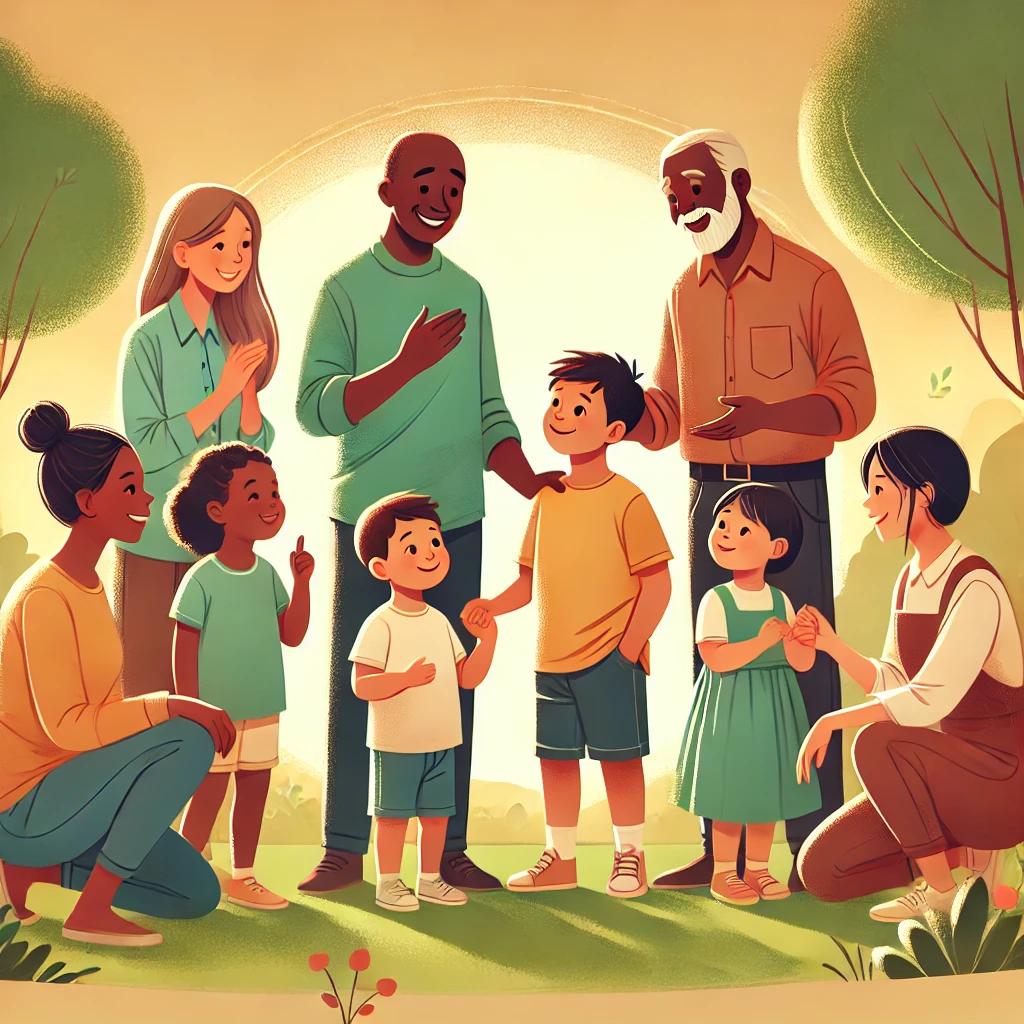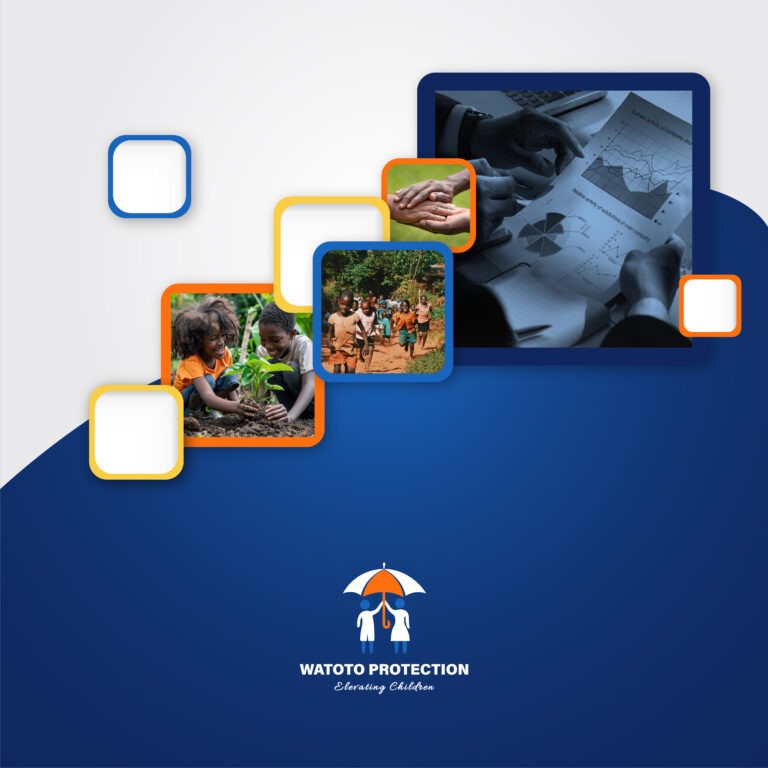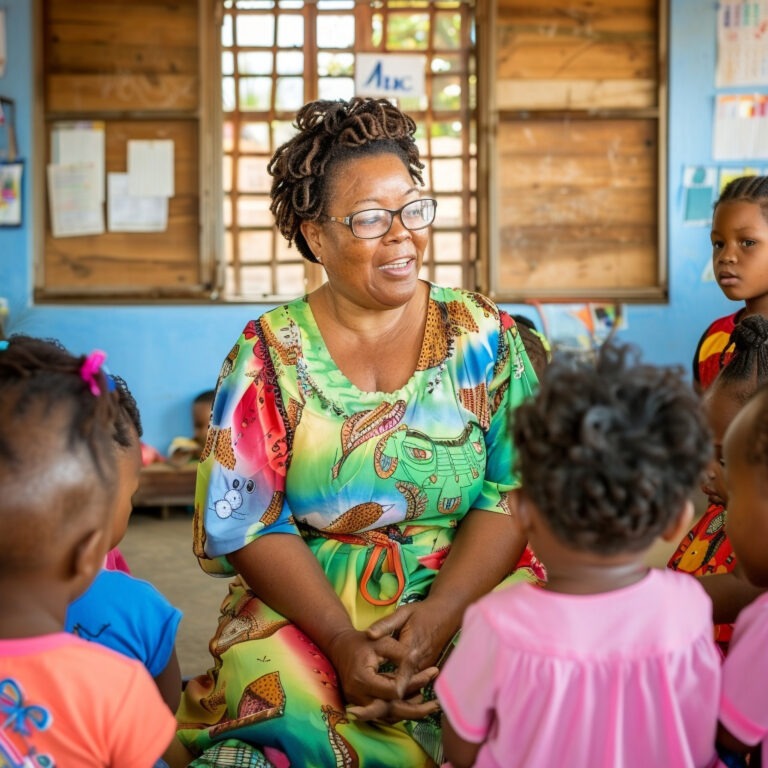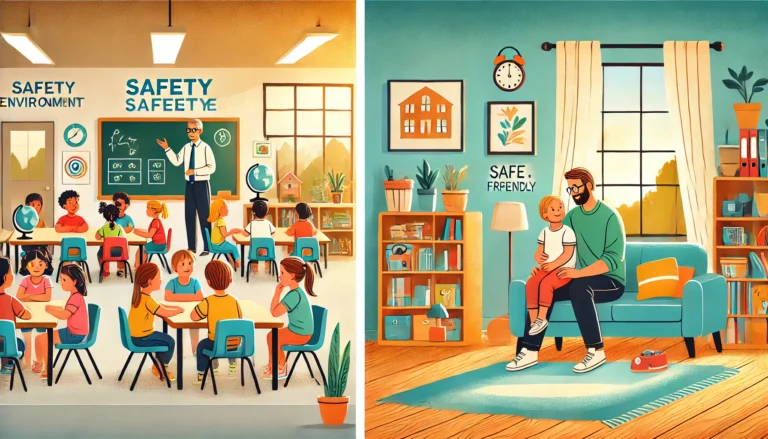Understanding the Child Rights and A Guide for Parents and Guardians

Understanding Child Rights: A Guide for Parents and Guardians
In a world where every child is unique and deserving of respect, nurturing, and protection, understanding child rights becomes essential for parents, guardians, and the entire community. At Watoto Protection, we believe that every child deserves a safe, supportive environment to grow, learn, and develop into their fullest potential. In this post, we’ll explore the basics of child rights and provide you with a guide on how to support these rights for the well-being of our youngest generation.
What Are Child Rights?
Child rights are the human rights specifically catered to individuals under the age of 18, recognizing their unique needs, vulnerabilities, and potential. These rights ensure that every child has access to the essentials of life, including safety, education, healthcare, and the freedom to express themselves without fear. They encompass four main areas:
- Survival Rights: Every child has the right to a life free from harm, access to clean water, nutritious food, shelter, and healthcare. Survival rights ensure the child’s basic needs are met, safeguarding their growth and development.
- Development Rights: Education, play, cultural activities, and access to information are crucial for a child’s intellectual, emotional, and social development. Development rights empower children to build their future and contribute meaningfully to society.
- Protection Rights: Children are particularly vulnerable to abuse, neglect, and exploitation. Protection rights ensure they’re shielded from all forms of harm, whether physical, emotional, or psychological.
- Participation Rights: This includes a child’s right to express their opinions, be heard, and take part in decisions that affect them. It fosters self-confidence and teaches children the importance of their voice and their rights.
Why Are Child Rights Important?
Children are our future, and the environments they grow up in will shape the adults they become. Supporting child rights creates a foundation for a more compassionate, resilient society. When children’s rights are upheld, they’re more likely to reach their full potential, free from the weight of harm, fear, or inequality.
Moreover, respecting child rights fosters a generation that values equality, empathy, and justice. When children grow up feeling respected and valued, they’re more likely to advocate for the rights of others, promoting positive change throughout the community.
How Parents and Guardians Can Support Child Rights
As parents and guardians, you play a vital role in protecting, nurturing, and educating children. Here are some practical steps to help you support your child’s rights:
1. Educate Yourself and Your Child on Their Rights
Start by learning about child rights so you can impart this knowledge to your child in an age-appropriate way. When children understand their rights, they gain the confidence to voice their needs and protect themselves. Simple conversations about respect, safety, and equality can go a long way in helping children understand their worth and rights.
2. Create a Safe, Nurturing Environment
A loving, supportive home is fundamental to a child’s well-being. Encourage open communication and reassure your child that they can share their thoughts and feelings without fear of punishment. Creating a safe environment at home allows children to thrive, fostering a sense of trust and belonging.
3. Encourage Participation and Listen Actively
Invite your child to express their opinions on family decisions, whether it’s choosing weekend activities or picking out school supplies. By listening to your child’s input, you reinforce their right to participate in decisions that affect their lives. This also strengthens their decision-making skills and teaches them the value of their voice.
4. Provide Access to Education and Play
Education and play are essential parts of a child’s development. Make it a priority to provide them with the tools they need to learn and grow. Engage them in activities that encourage curiosity, creativity, and critical thinking. Remember, play is not just for fun; it’s a vital part of their social, emotional, and intellectual growth.
5. Safeguard Their Well-being
Be vigilant about any signs of abuse, neglect, or bullying, whether at home, school, or in the community. Teaching children about safety and appropriate boundaries helps them understand what’s acceptable and empowers them to seek help if they feel uncomfortable or unsafe.
Common Misconceptions About Child Rights
Many misconceptions surround the concept of child rights. Some believe that respecting child rights means giving children too much freedom or relinquishing parental authority. On the contrary, child rights are about respecting children as individuals while guiding them with wisdom and care. Upholding child rights does not undermine parental roles; it strengthens them by promoting a balanced, respectful approach to parenting.
Empowering the Next Generation
When parents and guardians support child rights, they lay the groundwork for a just, harmonious society. By nurturing children’s growth and respecting their needs, we’re empowering a generation that values human dignity, empathy, and integrity.
At Watoto Protection, we are dedicated to promoting awareness and understanding of child rights. Together, we can create a future where every child enjoys a safe, happy, and fulfilling life.
For more resources, support, and guidance on child protection, feel free to reach out to us at Watoto Protection. Let’s work together to ensure every child’s rights are respected, upheld, and celebrated.





